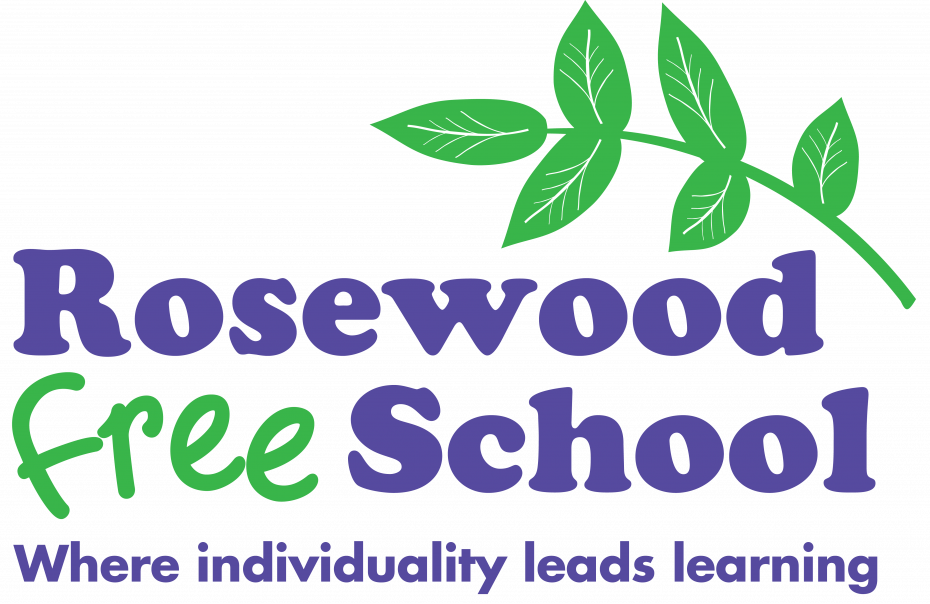Preparation for Adulthood
The areas that form Preparation for Adulthood are nationally agreed and should support all schools to plan ambitious and appropriate transition into adulthood for all learners. In our recent Ofsted (October 2023) this was commented:
“ Preparing pupils for adulthood starts from day one. Encouraging pupils’ independence and ability to make choices is deeply embedded in the school.”
This is true, and our aim is to give each and every child as much control in the world as we can. However we recognise the changes and priorities that emerge as our learners get older and families look at life options beyond school.
In the Rosewood Way Section of the website, we share how we use the Annual Review Process to support families at all stages and key transitions. When learners move into or join the Hub, our Post 16 classes (and for those who are able to transition to ”The Avenues”, a post 19 day service with an education offer), we recognise a need for an even more bespoke and individualised approach to planning.

